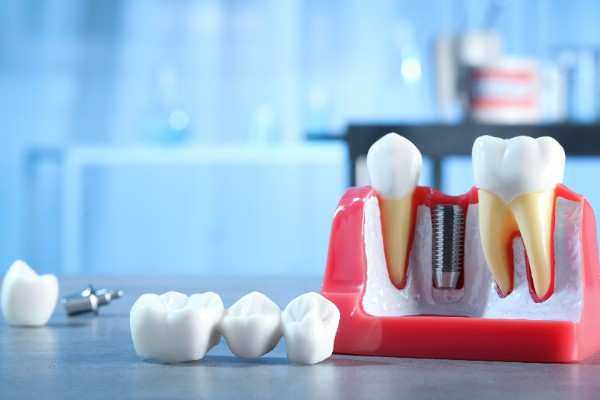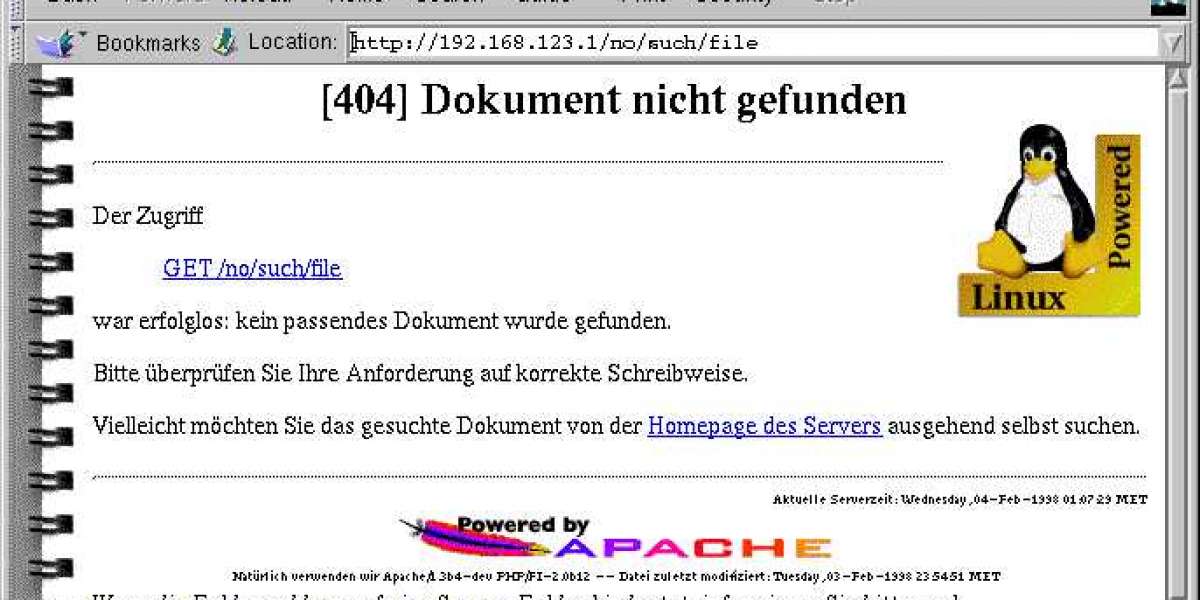Tooth pain is one of the most disruptive and uncomfortable experiences a person can face. It can affect daily routines, disturb sleep, and even make eating difficult. Whether the discomfort presents as a dull, persistent ache or a sharp, intermittent pain, managing it can be stressful, especially when immediate professional care isn’t available.
While seeing a dentist promptly is essential, there are safe and practical strategies to temporarily alleviate discomfort at home. Knowing how to manage tooth pain effectively can reduce stress, prevent further irritation, and maintain oral health until a professional consultation is possible.
Understanding Tooth Pain
Identifying the underlying cause of tooth pain is crucial for applying the most effective home remedies. Toothaches can result from several factors, including:
- Tooth Decay and Cavities: Bacterial activity can erode the enamel, causing persistent sensitivity and discomfort.
- Gum Infections: Gingivitis or periodontitis can produce swelling, tenderness, and throbbing pain in affected areas.
- Tooth Abscess: An infection within the tooth can trigger intense pain and swelling of surrounding tissues.
- Cracked or Damaged Teeth: Trauma or fractures in enamel can cause intermittent or sharp discomfort.
- Tooth Sensitivity: Hot, cold, sweet, or acidic foods can trigger pain in sensitive teeth.
Dentists often assess whether tooth pain is acute or chronic and whether it originates from the tooth or surrounding tissues. In severe cases, procedures such as a dental implant Eastbourne may be necessary. Recognising the cause early ensures that home remedies provide effective temporary relief and do not exacerbate the problem.

Immediate At-Home Remedies for Toothache Relief
While these remedies cannot replace professional care, they can provide short-term comfort until a dental appointment is possible. Here are some effective strategies:
1. Over the Counter Pain Relief
Medications such as ibuprofen or paracetamol can help reduce inflammation and ease discomfort. Always follow the recommended dosage and consult a pharmacist if taking other medications.
2. Cold Compress
Applying a cold pack or wrapped ice to the affected area can numb pain and reduce swelling. Use for 15–20 minutes at a time and repeat as needed.
3. Saltwater Rinse
A warm saltwater rinse helps cleanse the area and minimise inflammation. Mix half a teaspoon of salt in a cup of warm water, swish gently for 30 seconds, then spit out.
4. Clove Oil
Clove oil contains eugenol, a natural numbing agent. Applying a small amount to the affected tooth or gum with a cotton ball can temporarily relieve pain.
5. Hydrogen Peroxide Rinse
Diluted hydrogen peroxide can help fight bacterial infections. Mix equal parts of 3% hydrogen peroxide and water, swish carefully in the mouth, and avoid swallowing.
6. Avoid Trigger Foods
Hot, cold, sugary, or acidic foods can worsen sensitivity. Stick to soft, neutral foods to prevent aggravating the discomfort.
Table: Home Remedies and Their Purpose
Home Remedy | Purpose |
Pain Relief Medications | Reduce inflammation and pain |
Cold Compress | Numb pain and reduce swelling |
Saltwater Rinse | Cleanse area and minimise bacteria |
Clove Oil | Temporary numbing |
Hydrogen Peroxide Rinse | Fight bacterial infection |
These remedies are particularly useful while arranging a visit to an emergency dentist in Eastbourne, providing comfort and reducing stress during the waiting period.
Maintaining Oral Hygiene During Toothache
Even when dealing with discomfort, maintaining proper oral hygiene is essential to prevent further damage or infection. Key practices include:
- Gentle Brushing: Use a soft-bristled toothbrush and mild toothpaste to clean teeth without aggravating sensitive areas.
- Careful Flossing: Remove trapped food particles gently to avoid damaging inflamed gums.
- Alcohol-Free Mouthwash: Avoid irritation from alcohol-based rinses; opt for gentle alternatives instead.
- Hydration: Drinking water helps maintain saliva flow, which naturally protects teeth and reduces bacterial buildup.
Maintaining good oral hygiene ensures the tooth and gums remain clean, supporting temporary relief and reducing the likelihood of complications that could require invasive procedures such as a dental Implant Eastbourne.
Lifestyle and Dietary Adjustments
Simple changes in daily habits and diet can further help manage toothache and reduce discomfort:
- Eat soft foods like yoghurt, soups, and mashed vegetables.
- Avoid chewing on the affected side to prevent further irritation.
- Reduce sugary and acidic foods that can exacerbate sensitivity.
- Avoid smoking and alcohol, which can worsen inflammation.
- Elevate your head while resting to minimise pressure and throbbing pain.
Implementing these adjustments alongside home remedies can significantly improve comfort while waiting for professional care.
Recognising When Professional Care Is Needed
While at-home strategies are effective for temporary relief, certain symptoms indicate the need for urgent dental attention. Contact an emergency dentist in Eastbourne if you experience:
- Severe or worsening pain not relieved by over-the-counter remedies
- Swelling in the face, jaw, or gums
- Fever or other signs of infection
- Persistent bleeding, pus, or a bad taste in the mouth
- Trauma causing broken, loose, or knocked-out teeth
Prompt professional care prevents further complications and may involve advanced procedures, such as a dental Implant Eastbourne, to restore function and comfort.
Preparing for Your Emergency Dental Visit
Being prepared can make dental appointments more efficient and less stressful. Consider the following:
- Pain Diary: Keep track of pain intensity, triggers, and duration.
- Record Symptoms: Keep track of any swelling, fever, or abnormal discharge from your gums.
- Gather Dental History: Bring along past X-rays or treatment records to assist the dentist in assessing any changes.
- Prepare Questions: Discuss treatment options, including potential procedures like implants if necessary.
Proper preparation allows your dentist to quickly identify the issue and provide effective treatment, improving outcomes and reducing discomfort.

Confidence and Peace of Mind
Managing toothache at home offers immediate comfort, but knowing that professional help is available improves overall wellbeing. Patients who understand safe at-home strategies often feel less anxious while awaiting treatment. Timely interventions, including procedures such as a dental Implant Eastbourne, not only relieve pain but also prevent long-term complications, preserving oral health.
Conclusion
Home remedies, hygiene practices, and dietary adjustments can provide temporary relief and help manage tooth pain safely before professional care. Maintaining good oral habits and avoiding aggravating foods reduces discomfort effectively.
Seeing an emergency dentist guarantees a prompt assessment and the right course of treatment. Whether a simple restoration or a more advanced procedure like a dental implant is required, professional care guarantees long-term oral health and comfort. Patients in Eastbourne can rely on expert guidance to maintain a healthy, pain-free smile.














